

Search the site


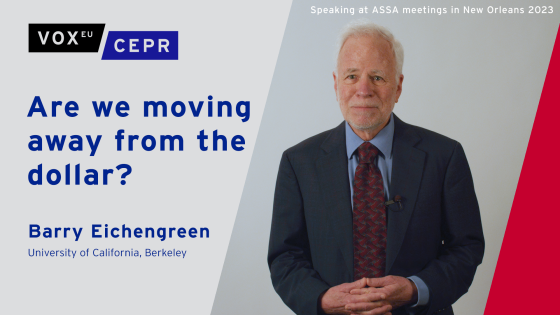



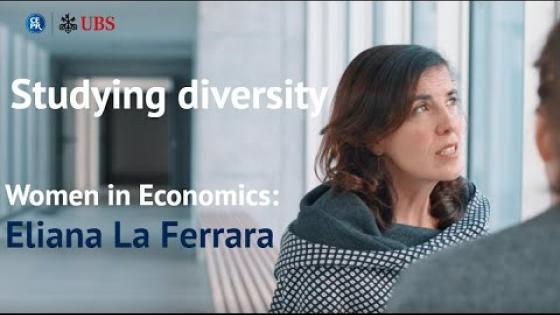

Eliana la Ferrara discusses her research on how to leverage the positive effects of racial diversity.
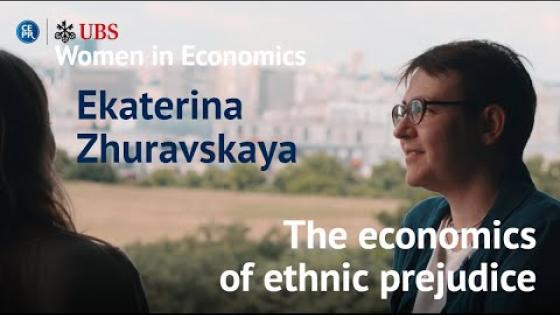

Ekaterina Zhuravskaya discusses the link between middlemen minorities and the drivers of anti-Jewish violence in the Russian Empire.
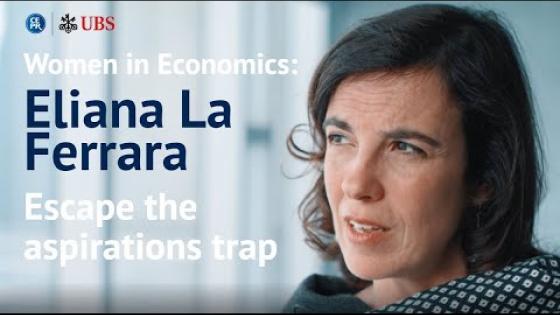

'Neglecting the component of what the poor perceive as attainable is a serious shortcoming' says Eliana La Ferrara, as she talks about her work on inequality.
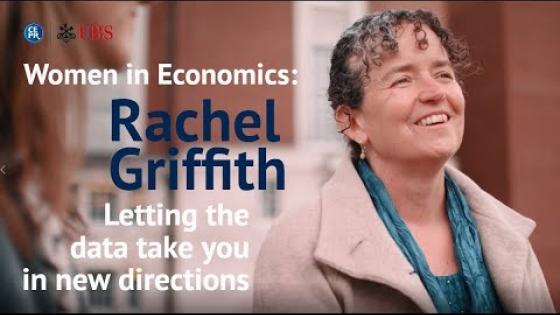

Rachel Griffith uses the example of the calorie paradox to illustrate how researchers sometimes need to give up their preconceptions and go with what they see in the data.
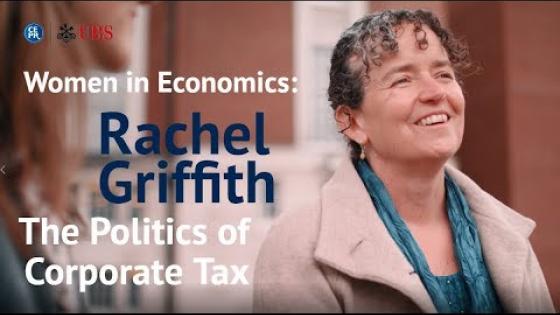

Rachel Griffith argues that the current corporate tax system needs a rethink if it is to be made fit for modern times.
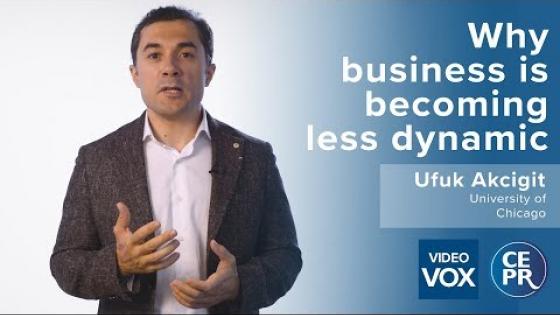

Ufuk Akcigit discusses how new technologies need to be diffused as widely as possible in order for the economy to benefit.
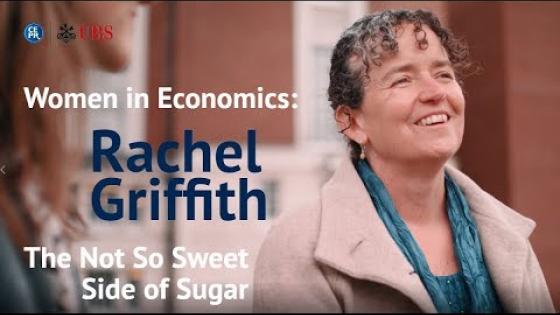

Rachel Griffith discusses how holistic policies are needed to counter the problems of obesity and poor nutrition, with the aim of changing peoples’ entire decision-making processes around food and activity.
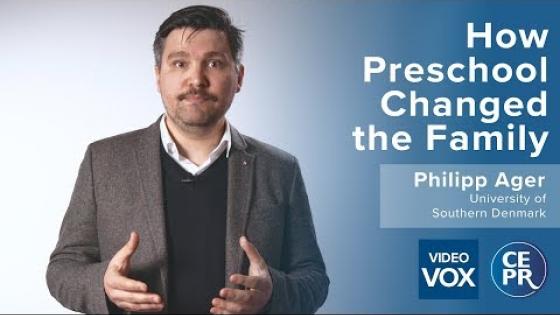

Phillip Ager asks whether the introduction of preschool education contributes to a fall in fertility in the industrialised world.
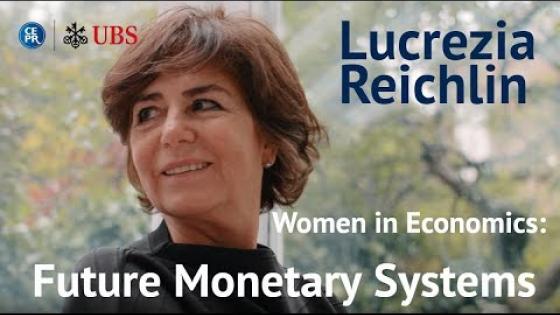

Lucrezia Reichlin looks to a future where new cryptocurrency technologies will be used for payment systems, but the money behind them will remain a monopoly of the central banks.
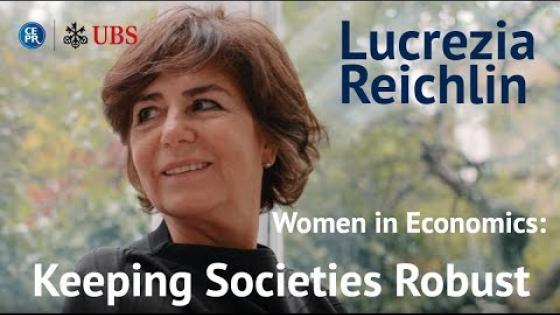

Lucrezia Reichlin argues that in an increasingly globalised world, there is more need than ever for Europeans to work together in order to make our currencies robust, to cope with the refugee crisis, and to defend ourselves from the threat of protectionism.
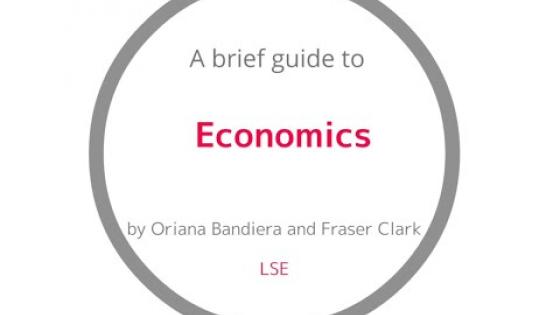

A brief guide to economics by Oriana Bandiera and Fraser Clark.
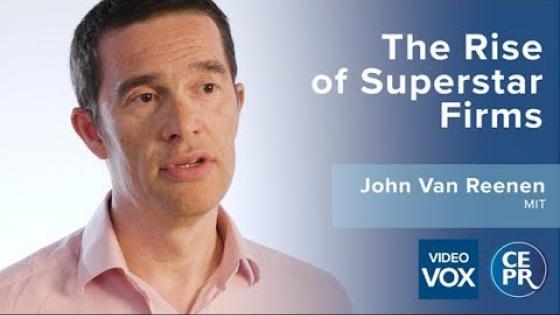

John Van Reenen discusses how 'superstar firms' such as Google and Apple have changed the global economy.